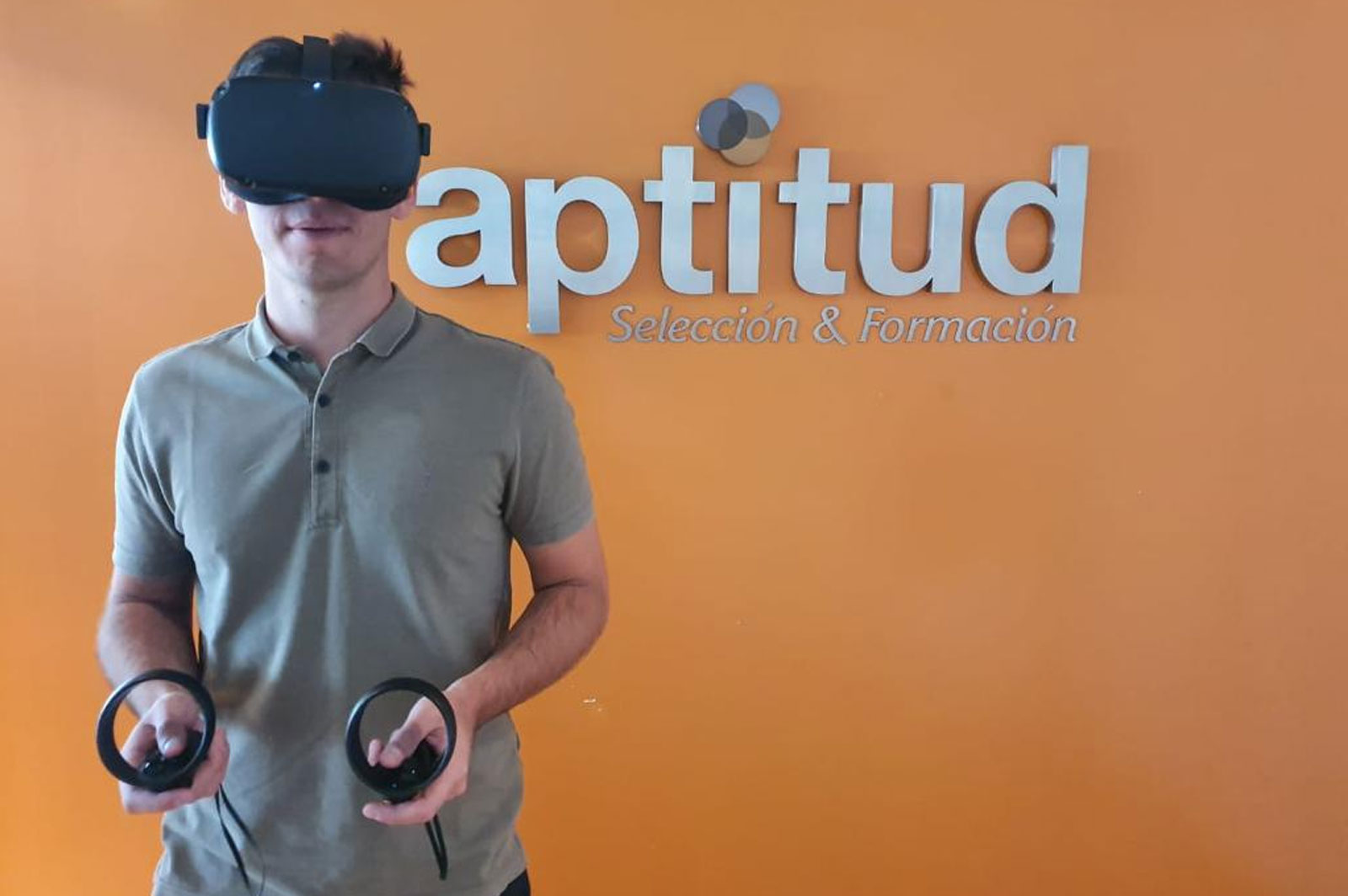We count with “Adapted Tools”, both to the type of knowledge and to the professional maturity of the people to be trained; we refer to:
- Coaching: Based on the implementation of an “Individual Development Plan”, carried out through discovery and in close collaboration with the Coach who acts as a learning advisor.
- On the Job Training: Carried out in the workplace with an experienced professional in charge of directing the learning process, using the demonstration method.
- Experiential Learning: Consists of carrying out a task, activity or project, where the learning objective is not only to obtain a product/result, but also the systematic analysis of what has been done to draw conclusions – transferable to other situations.
- Collaboration: Consists of learning in groups where interaction and the development of relationships are an essential part of it.
- Classroom learning (virtual or face-to-face): Takes place in a synchronous format, where, through the instructor's exposition and the interaction among participants, the acquisition of the established contents are achieved.
- Self-learning: Starting from the goal to be achieved, the person establishes the pace and intensity of the activities to be carried out to reach the set objectives.

- Virtual Reality Based on Learning: Where there is a clear relationship between the virtual and real worlds. The three pillars on which its use is based are: VR as an attractive and motivating element, where learning of concepts is hidden in the challenges and activities of the virtual world and the synergy experienced, which allows people to develop their skills while obtaining a more effective approach to action learning. This is ‘immersive learning’ and it allows interacting in different ways. It promotes creativity and manages to attract, engage, and capture the participant's attention – getting excited to acquire knowledge.
Each of these modalities aims to create a favorable learning environment. We are experts in selecting the most appropriate one according to the type of knowledge, the profile of the group to be trained and the defined learning goals. We have a broad catalog of training in various disciplines in the energy industry. We support the people transformation in the organization, emphasizing the knowledge and skills required by the teams.
Our model of “Learning Strategies” has innovative techniques and resources for the creation of significant learning experiences:
For “Experiential Learning”: We count on the project execution (in real or virtual environments), or with actions by simulation.
In the field of simulation, we use resources such as Virtual Reality, Augmented Reality, Game - Based Learning (GBL), Digital Game - Based Learning (DGBL), Process Simulator.
Learning Strategies For Experiential Learning: For optimal Self-Learning, we offer our own Virtual Classroom: A&ATraining.
